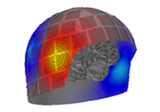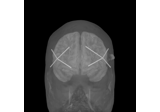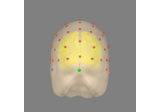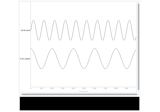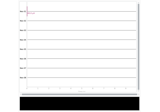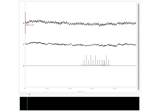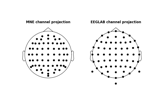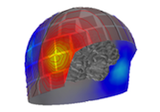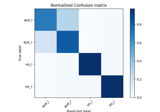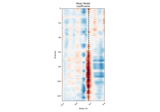mne.create_info#
- mne.create_info(ch_names, sfreq, ch_types='misc', verbose=None)[source]#
Create a basic Info instance suitable for use with create_raw.
- Parameters
- ch_names
listofstr|int Channel names. If an int, a list of channel names will be created from
range(ch_names).- sfreq
float Sample rate of the data.
- ch_types
listofstr|str Channel types, default is
'misc'which is not a data channel. Currently supported fields are ‘ecg’, ‘bio’, ‘stim’, ‘eog’, ‘misc’, ‘seeg’, ‘dbs’, ‘ecog’, ‘mag’, ‘eeg’, ‘ref_meg’, ‘grad’, ‘emg’, ‘hbr’ or ‘hbo’. If str, then all channels are assumed to be of the same type.- verbosebool |
str|int|None Control verbosity of the logging output. If
None, use the default verbosity level. See the logging documentation andmne.verbose()for details. Should only be passed as a keyword argument.
- ch_names
- Returns
Notes
The info dictionary will be sparsely populated to enable functionality within the rest of the package. Advanced functionality such as source localization can only be obtained through substantial, proper modifications of the info structure (not recommended).
Note that the MEG device-to-head transform
info['dev_head_t']will be initialized to the identity transform.Proper units of measure: * V: eeg, eog, seeg, dbs, emg, ecg, bio, ecog * T: mag * T/m: grad * M: hbo, hbr * Am: dipole * AU: misc
Examples using mne.create_info#
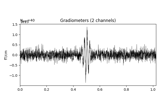
Time-frequency on simulated data (Multitaper vs. Morlet vs. Stockwell)
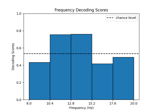
Decoding in time-frequency space using Common Spatial Patterns (CSP)
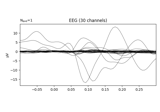
Analysis of evoked response using ICA and PCA reduction techniques
